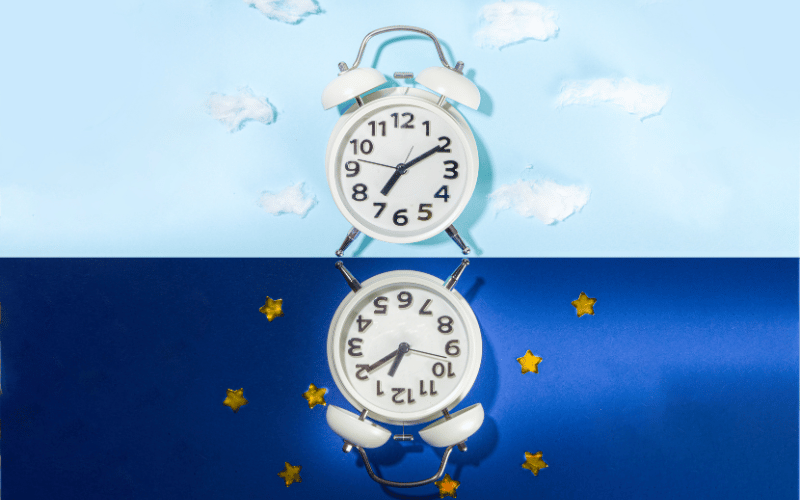11. Circadian Rhythms and Delirium: The Clock that Backfires

When discussing delirium, one might not immediately think about circadian rhythms, the internal “clocks” that govern our sleep-wake cycles. Yet, disruptions in these biological rhythms can play a significant role in triggering or exacerbating delirium.
Your internal clock is a sensitive mechanism. Stress, changes in routine, or even lighting can disturb it. And when this happens, a domino effect can be set in motion, which may lead to delirium. One example is sleep deprivation. A lack of restorative sleep doesn’t just make you groggy; it can also create a neurochemical imbalance that can contribute to delirium.
Ironically, the very mechanisms that regulate sleep in our bodies—such as the release of hormones like melatonin—can also be thrown off-kilter. This has been observed in hospital settings where sleep cycles are frequently interrupted for medical care, leading to disorientation and potentially delirium.
It’s a catch-22 situation. Hospitals need to monitor patients, but this very monitoring can throw a wrench into the body’s internal clock. For individuals already at risk of delirium, this could tip the scales from a stable mental state into cognitive chaos.(11)